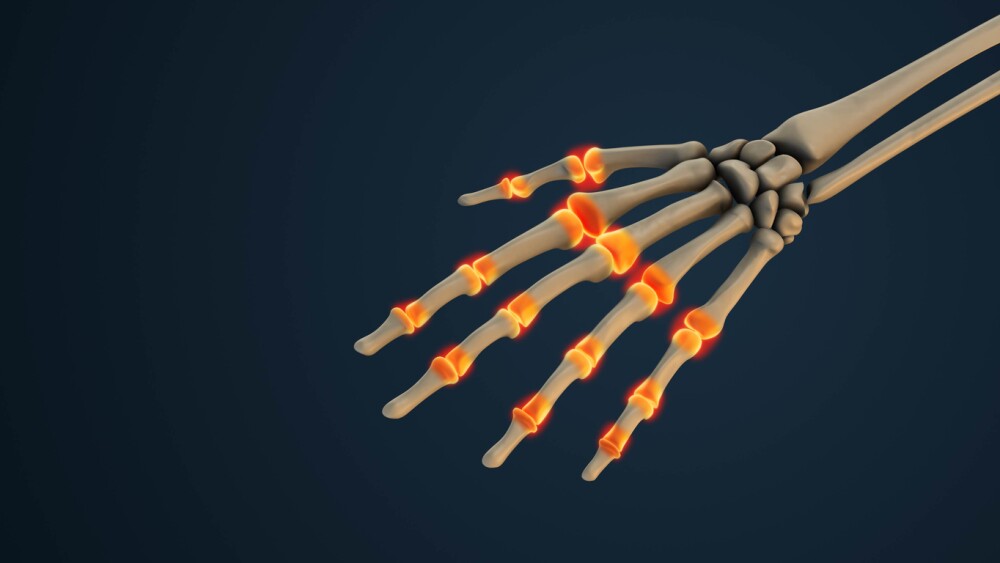When your back hurts, your whole body hurts. This morning, Pfizer and Eli Lilly reported positive results from its Phase III back pain treatment tanezumab.
When your back hurts, your whole body hurts. Back pain is a serious issue for many people across the globe. This morning, Pfizer and Eli Lilly reported positive results from its Phase III back pain treatment tanezumab.
The two companies reported the Phase III study evaluating a 10 mg dose of tanezumab in patients with moderate-to-severe chronic low back pain (CLBP) demonstrated a statistically significant improvement in pain at 16 weeks compared to placebo. The tanezumab 5 mg arm demonstrated a numerical improvement in pain, but did not reach statistical significance, the companies said. Full results from this study will be submitted for future scientific publication and presentation.
An estimated 33 million Americans have CLBP, and approximately eight million of these patients suffer from moderate-to-severe CLBP. Patients enrolled in the Phase III trial suffered from moderate-to-severe pain for at least 10 years and had experienced inadequate pain relief from or intolerance to at least three different classes of analgesics. Tanezumab, the medication used in the clinical trial, is a monoclonal antibody that is part of an investigational class of non-opioid pain medications known as nerve growth factor (NGF) inhibitors. Preliminary safety data showed that tanezumab was generally well tolerated during the 56-week treatment period.
Ken Verburg, tanezumab development team leader at Pfizer Global Product Development, said the Phase III study demonstrates the potential of tanezumab to treat individuals suffering from moderate-to-severe chronic low back pain who have been unable to achieve relief with currently available medications.
“This is one of the longest studies conducted to date in chronic low back pain. We look forward to further analyzing these results, and believe the data from this study will support our planned future global regulatory submissions in chronic low back pain,” Verburg said in a statement.
Christi Shaw, president of Lilly Bio-Medicines, pointed to the issues of disability that surround chronic low back pain. Shaw said that most people who live with this condition suffer from near-constant pain, which negatively impacts their ability to perform everyday tasks.
“Lilly and Pfizer recognize the unmet needs for those living with this life-altering and debilitating condition, and continue to advance tanezumab as an innovative non-opioid treatment for these patients,” Shaw said in a statement.
In addition to CLBP, the two companies are also studying the benefits of tanezumab in osteoarthritis (OA) pain and cancer pain (due to bone metastases). Positive results from two Phase III OA pain studies evaluating 16 and 24 weeks of treatment with tanezumab were previously reported, the companies said. One additional Phase III study in OA pain and one additional Phase III study in CLBP will read out this year.
In June 2017, tanezumab received Fast Track designation from the U.S. Food and Drug Administration for the treatment of OA pain and CLBP. Tanezumab is the first NGF inhibitor to receive Fast Track designation.





